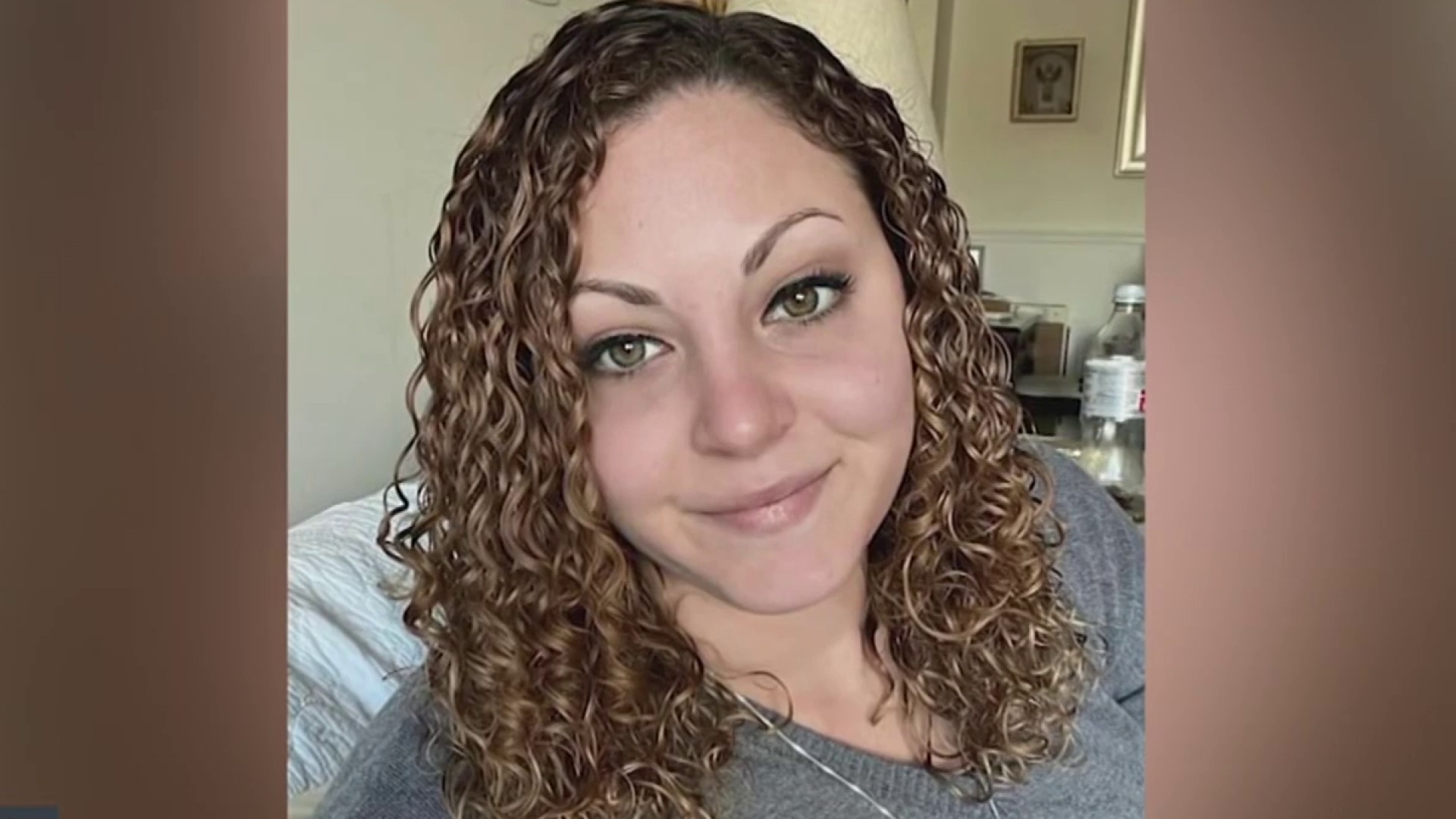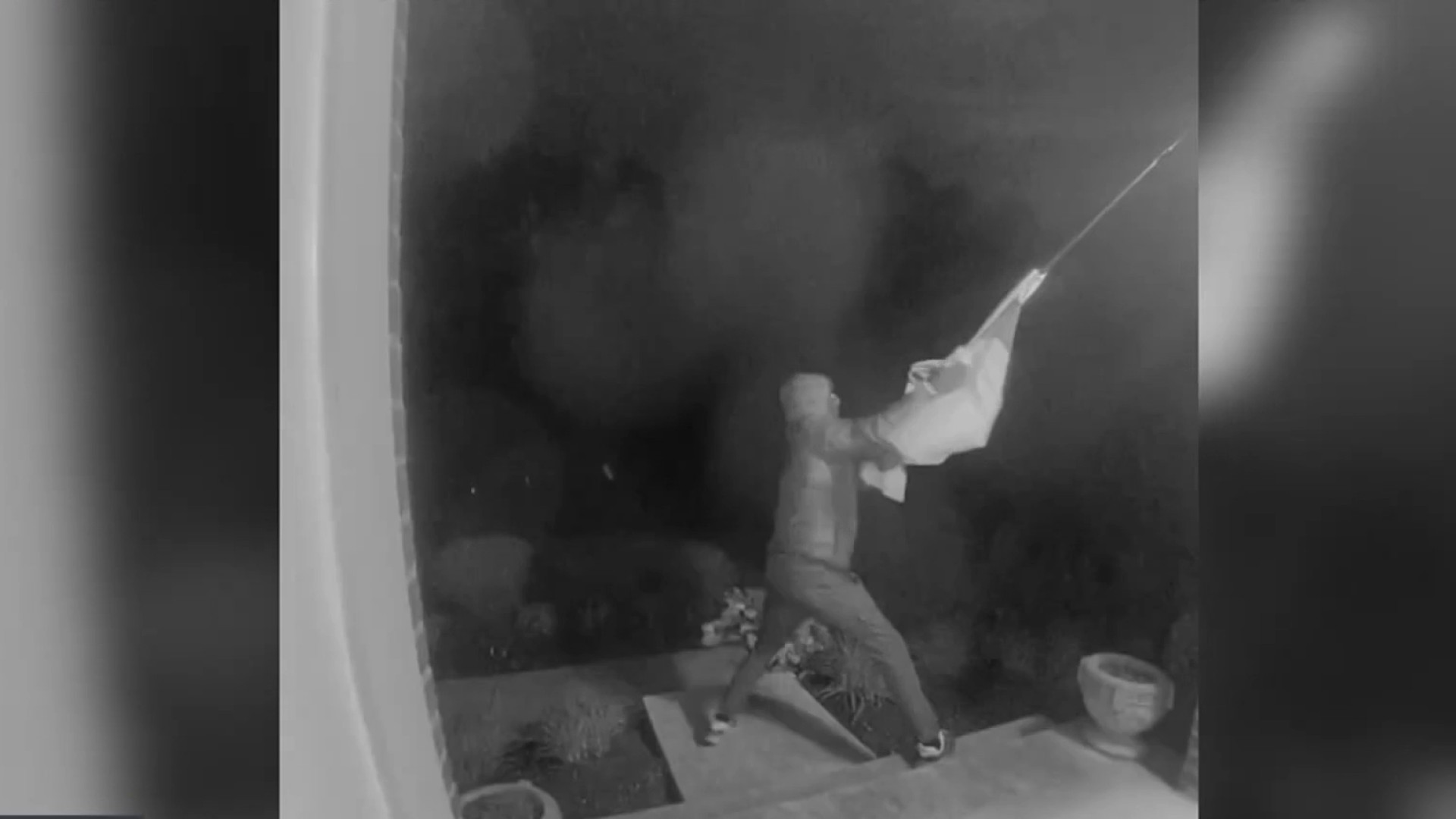WASHINGTON -- The 200-year wait for D.C. residents to get a vote in Congress is a step closer to ending as the Senate has cleared a major obstacle to ultimate passage of the measure.
The 62-34 vote in the Senate to take up the legislation giving the nation's capital a vote in the House was two more than the 60 needed. Two years ago, when there were fewer Democrats to support the bill in the Senate, the legislation fell three votes short of the 60 required to overcome a Republican-led filibuster.
The legislation, which would also give Republican-leaning Utah another seat in the House, could still face other procedural hurdles before coming to a final vote in the Senate. It then must go to the House and then on to President Barack Obama, who supports it.
More than 3,000 people from across the nation called their senators Monday asking them to support the measure, according to DC Vote. Callers from the district, who don't have a senator, were directed to lawmakers who might be uncertain, such as Sen. Kay Hagan, D-N.C.
Meanwhile, the D.C. Republican Committee hand-delivered a letter to Republican senators urging them to support the bill.
"More than half a million U.S. citizens who live in Washington, D.C., pay federal income taxes at a higher per capita rate than all but one state, yet we have no vote on raising or spending federal revenue," the letter reads. "We serve in our armed forces but have no vote on going to war."
Washington is the only major capital in the world where citizens are denied a vote in the nation's representative body of government. It's been that way since 1801, when Congress took control of the newly created capital on the Potomac but did not provide residents with voting rights.
D.C. Delegate Eleanor Holmes Norton said a House Judiciary Committee will take up a similar bill on Wednesday.
“I could not be more pleased that the House and Senate are moving at the same time on our D.C. House Voting Rights bill,” Norton said. “The House went first last time, but this time it looks like a race to the finish and the Senate is ahead by a lap.”
The House passed a similar measure two years ago, but the bill was defeated during a procedural vote in the Senate, falling three votes short of the 60 needed to avoid a filibuster.
The outcome is expected to be different this time. Democrats, who overwhelmingly support the legislation, have increased their majority in the Senate by at least seven, to 58-41. Of the eight Republicans who voted to advance the bill in 2007, seven are back.
Local
Washington, D.C., Maryland and Virginia local news, events and information
And unlike former President George W. Bush, who threatened to veto the bill, Democratic President Barack Obama supports it.
With the president's signature, D.C. residents would elect a representative with full voting rights for January 2011.
One possible stumbling block, Zherka said, is that some lawmakers could add amendments making the bill less appealing to voting rights supporters. In 2007, the bill was slowed in the House after Republicans proposed language that would weaken the city's gun laws.
Opponents argue that the bill violates the Constitution, which says members of the House should be chosen "by the people of the several states." The district, of course, is not a state.
Sen. Susan Collins, R-Maine, who spoke in favor of the bill earlier this month, said the question of constitutionality should be resolved by the courts, not Congress.
"As a matter of fundamental fairness, I believe the residents of the District of Columbia should have representation in the House," she said.
Sen. John McCain, R-Ariz., has spoken out against the bill. He said the legislation could be the first step toward giving the district two senators. He also criticized the compromise that would give Utah an extra House seat, saying that is unfair to other high-growth states.
"I don't like the deal, and I think it is unconstitutional," he said.
The District has been represented since 1991 by Norton. Norton, like five other delegates from island territories, can vote in committees and on some amendments on the House floor but not on final passage of legislation.
The bill is S. 160.
For more on the Voting Rights Act of 2009, and how Maryland was thrown into the mix, check out Jim Newell's take by clicking here. And the Washington Examiner doesn't want the District to have voting rights. Click here for their take.



